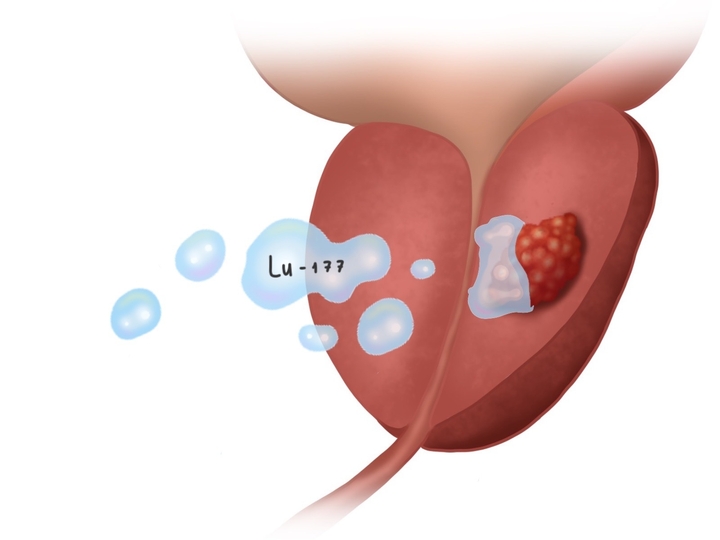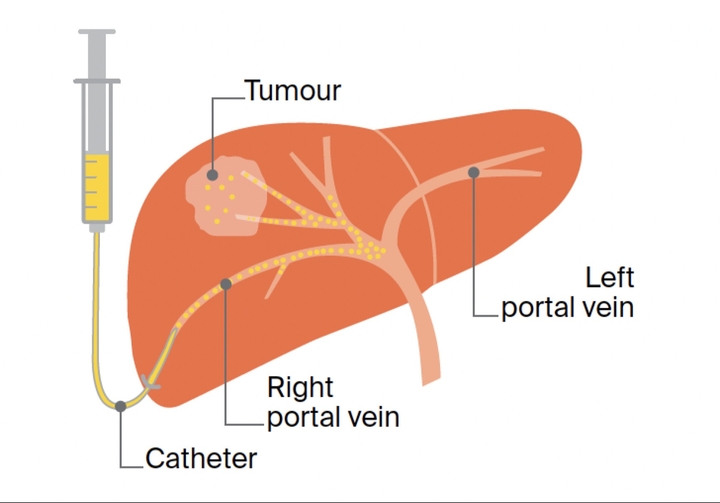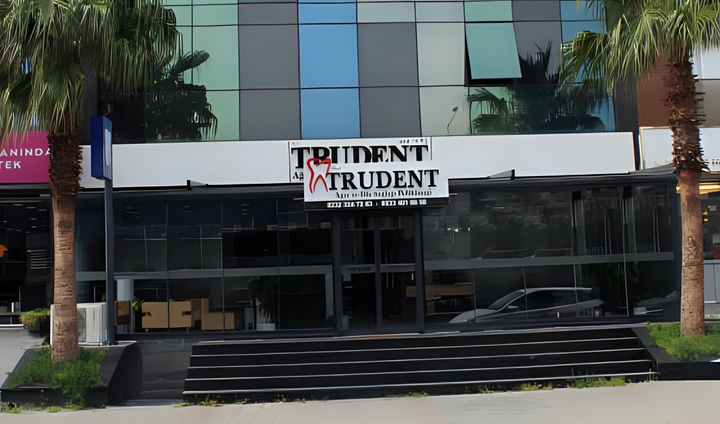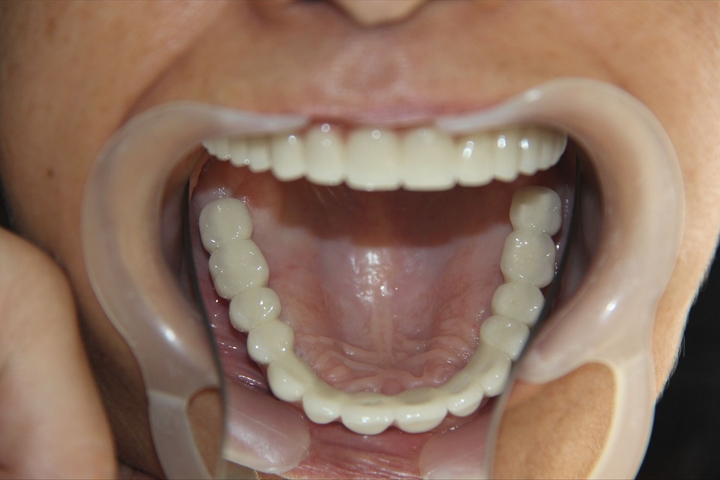Cytoreductive Surgery + Hyperthermic Intraperitoneal Chemotherapy (HIPEC) | Teknon Peritoneal Cancer Institute, Spain
Barcelona, Spain




Overview
Age group
Adults
Type of care
Inpatient
Method
Surgical
About the offer
What’s included
Medical service
- clinical history-taking
- medical records review
- physical examination
- consultation with an abdominal surgeon
- consultation with an anesthesiologist
- consultation with an oncologist
- consultation with a dietitian and nutrition expert
- complete blood count (CBC)
- blood type test (ABO, Rh)
- biochemical analysis of blood (kidney and liver function tests, thyroid function tests, electrolytes, glucose, lipid panel)
- inflammation blood tests
- coagulation studies
- urinalysis
- ultrasound imaging of the abdomen
- CT/MRI scan of the abdomen
- histopathological specimen examination
- electrocardiogram (ECG)
- chest X-ray
- preoperative patient preparation
- cytoreductive surgery
- hyperthermic intraperitoneal chemotherapy (HIPEC)
- cost for any reoperation or complication management during hospitalization
- postoperative care
- symptomatic treatment
- cost of essential medicines
- cost of essential materials
- general anesthesia
- hospitalization
- stay in ICU
- blood bank material
- nursing service
- discharge medical records
- further recommendations
- follow-up consultations for the post-treatment period
Extra add-ons
AiroCare
Meet the provider
Why to choose us?
Gallery
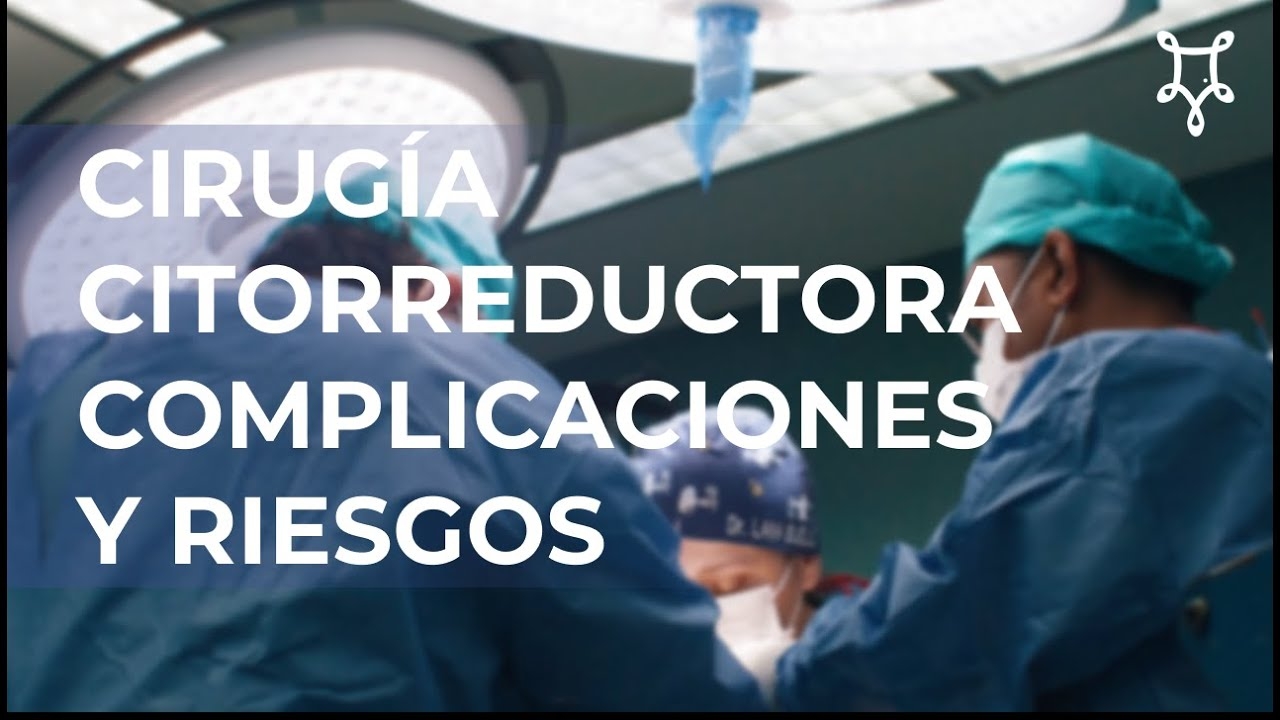
CIRUGÍA CITORREDUCTORA (CRS): COMPLICACIONES y RIESGOS — PERITONEAL CANCER INSTITUTE
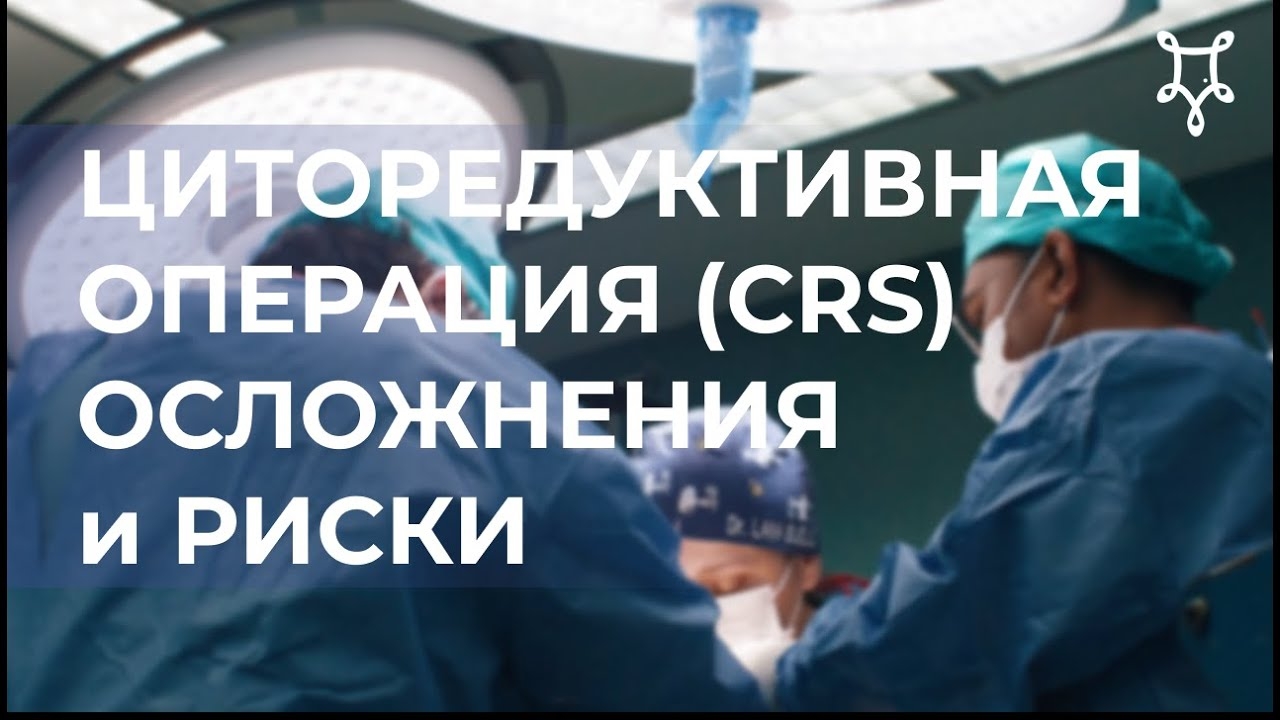
ЦИТРЕДУКТИВНАЯ ОПЕРАЦИЯ (CRS): ОСЛОЖНЕНИЯ И РИСКИ — PERITONEAL CANCER INSTITUTE

CYTOREDUCTIVE SURGERY(CRS): COMPLICATIONS & RISKS — PERITONEAL CANCER INSTITUTE

Customize this offer
If you're not seeing exactly what you need here, send your custom request. You can discuss the content, specifics, price & timeline to create a personalized plan.
Location
Carrer de Vilana, 12, Sarrià-Sant Gervasi, 08022 Barcelona, Spain
FAQ
How effective is Cytoreductive Surgery with HIPEC?
Cytoreductive Surgery with HIPEC can cure patients, especially those with appendix cancer, PMP, some forms of mesothelioma, and ovarian cancer, even when there is a large amount of tumor in the abdomen at the time of diagnosis. For other tumors, such as colon cancer and gastric cancer, the CRS HIPEC treatment is applied when there is a more limited amount of tumor in the abdomen to achieve the best results. For all tumors that develop peritoneal metastasis, a chance for cure is only possible if surgery ( CRS HIPEC) can be included as part of the treatment.
Can HIPEC replace systemic chemotherapy?
In most cases, both HIPEC and systemic chemotherapy are required to achieve the best results. The methods are complementary and do not replace each other. Some kinds of tumors, such as PMP, do not benefit from systemic chemotherapy, and therefore, CRS and HIPEC are the only treatments patients receive.
What factors determine the indication for surgery and prognosis?
Many factors need to be evaluated before the decision to recommend CRS and HIPEC is made and also to determine the prognosis once surgery is done. The type of primary tumor ( such as appendix, colon, ovary, mesothelioma, etc. ) and the amount of the peritoneal metastasis that are present are some of the most important factors. The peritoneal carcinomatosis index (PCI) describes the number of tumors presents in the abdomen. Computed tomography (CT), MRI, and or diagnostic laparoscopy can be used to estimate the PCI before surgery, but the final assessment is done during surgery. The intraoperative PCI, as well as the CC score ( a description of the completeness of the surgical removal of the tumor), are essential to determine the prognosis after surgery.
Individual cost estimate. Non-binding 100% free assessment.

